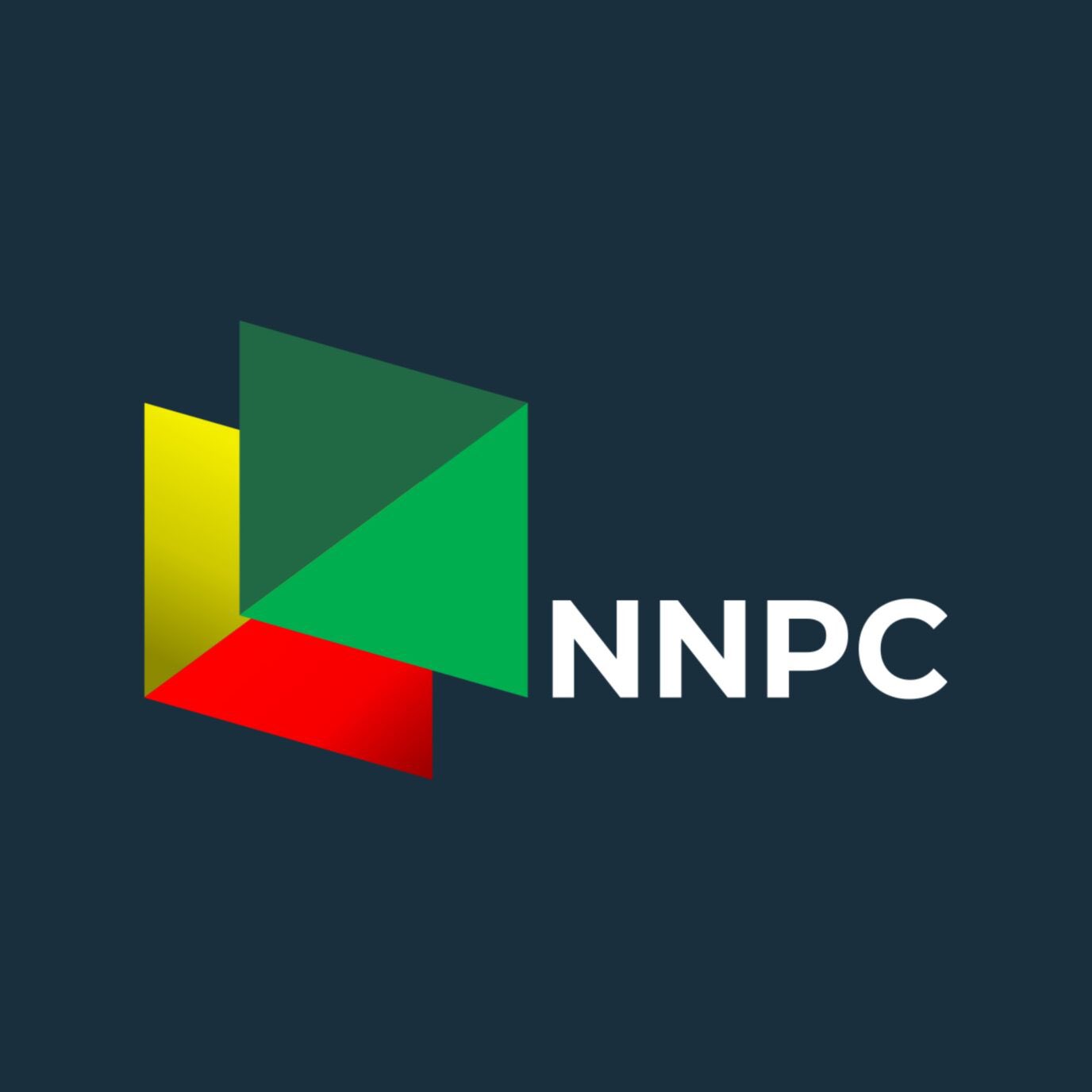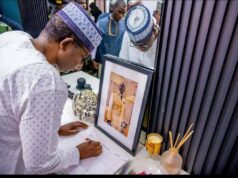The Nigerian National Petroleum Company (NNPC) Ltd says it is selling petrol, also known as premium motor spirit (PMS), at only half the land costing.
Umar Ajiya, the chief financial officer (CFO) of the NNPC, told NAN in Abuja on Monday that the national oil company is only bearing what he called the “shortfall” and not subsidy.
The official pump price of petrol is about N600/litre but the landing cost is around N1,200 — and Ajiya confirmed to Bloomberg that it cost the NNPC N7.8 trillion to make up for the “shortfall” in the first seven months of the year.
Subsidy is typically defined as selling a product below the cost price.
In official communication between NNPC and the president seen by TheCable, the word “subsidy” is used extensively to explain the “shortfall”.
TheCable had reported that President Bola Tinubu approved a request by NNPC to utilise the 2023 final dividends due the federation to pay for the subsidy.
However, Ajiya sought to deny the story during a media briefing on the company’s 2023 audited financial statements earlier on Monday, said the company was only “taking care of the shortfall on petrol importation between it and the federation”.
He, thereafter, told Bloomberg that NNPC is owed N7.8 trillion ($4.9 billion) by the government in subsidy debts from January to July 2024.
But in his “clarification” to NAN, Ajiya said subsidy has not been paid to any marketer in the last nine months — understandably because NNPC is the sole importer of petrol via contracts with suppliers.
“In the last eight to nine months, NNPC Ltd. has not paid anybody a dime as a subsidy; no one has been paid kobo by NNPC Ltd. in the name of subsidy,” Ajiya said.
“No marketer has received any money from us by way of subsidy.
“What has been happening is that we have been importing PMS, which has been landing at a specific cost price, and the government tells us to sell it at half price.
“So the difference between the landing price and that half price is a shortfall.
“And the deal is between the Federation and NNPC Ltd., to reconcile, sometimes they give us money, so there is no money exchanging hands with any marketer in the name of subsidy.”
He was silent, however, on how much of the $4.9 billion could have gone into the federation account if NNPC was not paying for the “shortfall”.
It is thought that the government of the All Progressives Congress (APC) seeks to distance itself from the use of the term because “subsidy scam” was one of the campaign weapons it used to dislodge the Peoples Democratic Party (PDP) from power in 2015.
Waiziri Adio, executive director of Agora Policy think-tank and former executive secretary of the Nigeria Extractive Industries Transparency Initiative (NEITI), accused the national oil company of being disingenuous in its explanations.
“NNPCL’s waffling on petrol subsidy is so disingenuous. Oh, it is not subsidy, but a shortfall/PMS fx differential. Same difference. No subsidy was paid to any marketer. Has anyone said NNPCL paid subsidy to marketers and is it even within their remit to pay subsidy to marketers?” he posted on his X handle.
“Former PPPRA was charged with approving subsidy for marketers and NNPC. Ministry of Finance was paying marketers after verification of claims. Only difference with NNPC was that it deducted its subsidy and other claims from money for crude given to it for domestic use (DCA).
“It is not NNPCL’s responsibility, by practice or by law, to pay subsidy to marketers. That answer to a question not asked is at best a hollow attempt at deflection.
“Saying there is no subsidy because selling PMS below landing cost is a transaction between the company and the Federation (repaid or netted off) is a lame play with words that take everyone for a moron.
“NNPCL can use this free advice: when in a hole, stop digging.”




